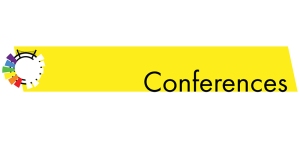Call for papers: 15th International Symposium on Bilingualism: The Different Faces of Bilingualism, San Sebastián, Spain, 9-13 June 2025. Deadline: for Symposium Submission: 16 September 2024.
“The Different Faces of Bilingualism” is a deliberately broad theme for ISB15, aimed at meeting ISB’s mission to create a space for researchers with a diverse range of interests to share their knowledge and gain new perspectives, and to foster meaningful cross-disciplinary collaborations. We hope to bring together researchers working on different faces of bilingualism, including different research areas, methodological approaches, and populations. In line with this aim, we have invited plenary speakers who represent different faces of bilingualism, from sociolinguistics to education, psycholinguistics to translation. This broad theme reflects the multidisciplinary nature of the organizing committee, based in a center of excellence for neuroscientific research into language and bilingualism. To capitalize on this expertise, ISB15 will feature The Bilingual Brain Day, which is intended to share the core insights of the field with researchers of other areas and to discuss the state-of-the-art with researchers in the field. The conference theme also aims to promote inclusivity, inspired by its location in the Spanish Basque Country, one of the few regions in the world that has successfully revived its bilingual heritage across all aspects of society.
Note that this is a call specifically for symposium proposals. Symposia are 120-minute blocks that allow for extended, interactive discussion on a specific topic, focusing on a cluster of independent yet related papers. Each symposium consists of four slots, and should consist either of four presentations, or of three presentations and a discussion. Abstract submission for individual papers will be possible starting 18 September 2024. For any inquiries, please reach out to isb2025@bcbl.eu

